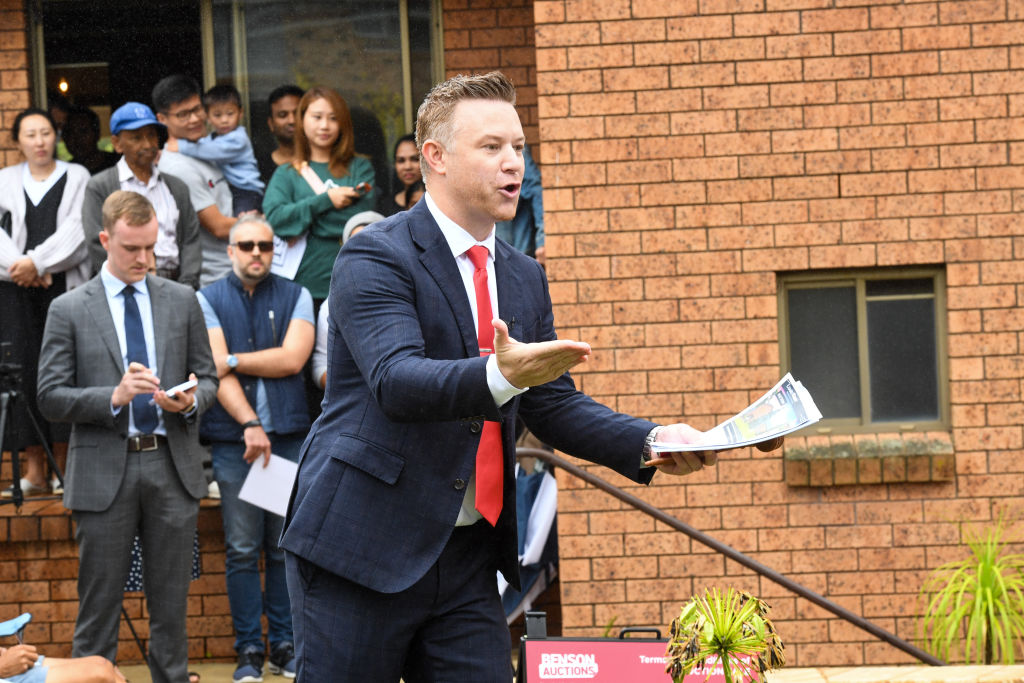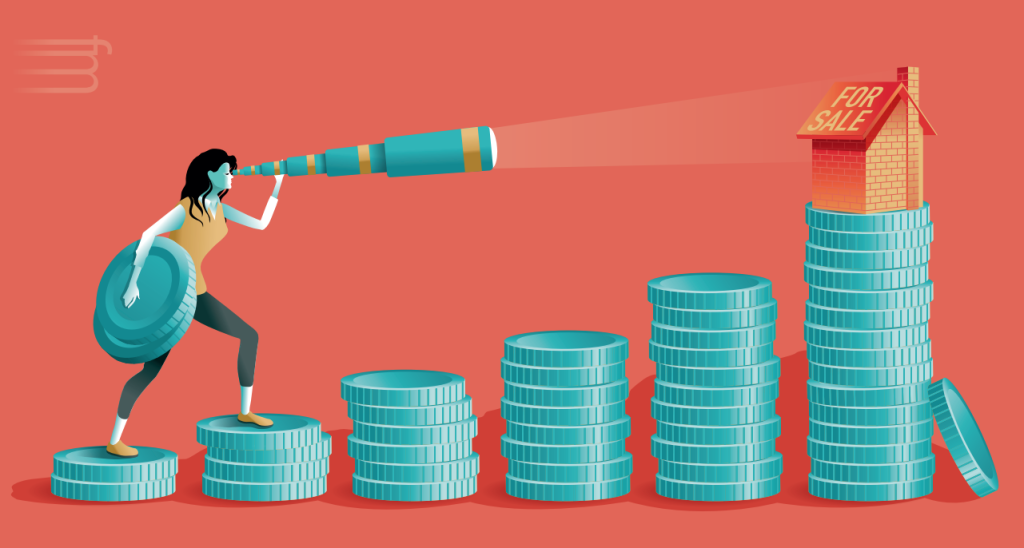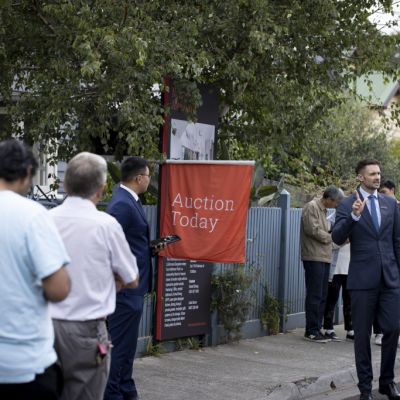How to estimate the value of a home when the property market is rising

Estimating the value of a property can be challenging at the best of times, especially for first-time buyers.
But when the market shifts, median values rise and properties sell at auction well above reserves, it becomes even tricker.
Buyers may be left confused when properties they pursue turn out to be beyond their means, especially when comparable homes were previously within budget.
So how can buyers accurately estimate the value of properties to avoid disappointment?
Why some properties sell well beyond the price guide
When a home is put on the market, agents use comparable recent sales to form an estimate of its selling price, which is included in the agency agreement with the vendor. The property can’t be marketed at a price lower than its estimated selling price.
In Victoria, comparable properties must be included with the Statement of Information, while in NSW it’s common to include details of recent local results with marketing materials.
As an auction campaign continues, agents may adjust a home’s price guide based on feedback from buyers and offers rejected by the vendor. Guides typically increase in a rising market.
Problems can arise when sale prices rapidly escalate, as agents rely on yesterday’s data to estimate tomorrow’s value.
“The most accurate way is to look at recent sales of comparable properties,” says Belle Property Albert Park auctioneer David Wood. “But when a market is moving away it’s very difficult to be accurate.”
The likelihood of truly comparable results decreases if there are few recent sales, and unusual homes or those with specific features may be harder to price.
“Some properties are feeling their way as they go,” Wood says. “When you get properties that are unique, it makes it extremely difficult to appraise them.”
A vendor auctioning a home typically launches their property at lower price point because guiding too high risks repelling buyers accustomed to sale prices exceeding guides. The reserve doesn’t need to be set until right before the auction.
“Buyers are still quite price sensitive,” Wood says. “If you’re not appealing price-wise, you can get caught out.”

Compare apples with apples
Unless buyers are regularly monitoring the market, it takes time to understand values, but research needs to become more focused when prices are rising.
“You need to make sure you’re looking at super-current sold results,” says Melbourne buyer’s agent Cate Bakos. “We can’t even use November data reliably for comparable sales.”
Online investigations can only go so far. Physically inspecting properties allows buyers to understand the positive and negative variables that affect values beyond the size of the home or the number of bedrooms. These include the surrounding properties, views, streetscape, aspect and noise levels.
“It’s a numbers game,” says Sydney buyer’s agent Nick Viner. “You need to be constantly inspecting properties. You’ve got to inspect a really good, solid number so you can have a better feel for how a property compares.”
Viewing homes that were never going to be within budget can be a waste of time and set buyers back, Viner says. “By the time you realise properties are selling beyond the guides, a month or so might have gone and prices have continued to rise.”
House hunters need to consider leading indicators such as auction clearance rates, and lagging indicators, such as median sale prices, when assessing a home’s value.
“If you’re looking at a sale that’s a month or two out of date then numbers like that are useful to extrapolate what the sale price might be.”
Buyers disillusioned by underquoting need to think realistically before becoming invested in securing a particular property.
“Unfortunately you just have to take it on board and not rely too heavily on the price guide,” Viner says. “Really, the property will sell for the best price someone is going to offer.”
The highest prices are usually achieved when multiple buyers with ample budgets fall in love with an extremely desirable property, and are prepared to compete to secure it.
“If people make an emotional connection with the home, that’s really the key,” Wood says. “That’s where they will spend as much as they possibly can to ensure that they are successful.”
We recommend
We thought you might like
States
Capital Cities
Capital Cities - Rentals
Popular Areas
Allhomes
More
- © 2025, CoStar Group Inc.










